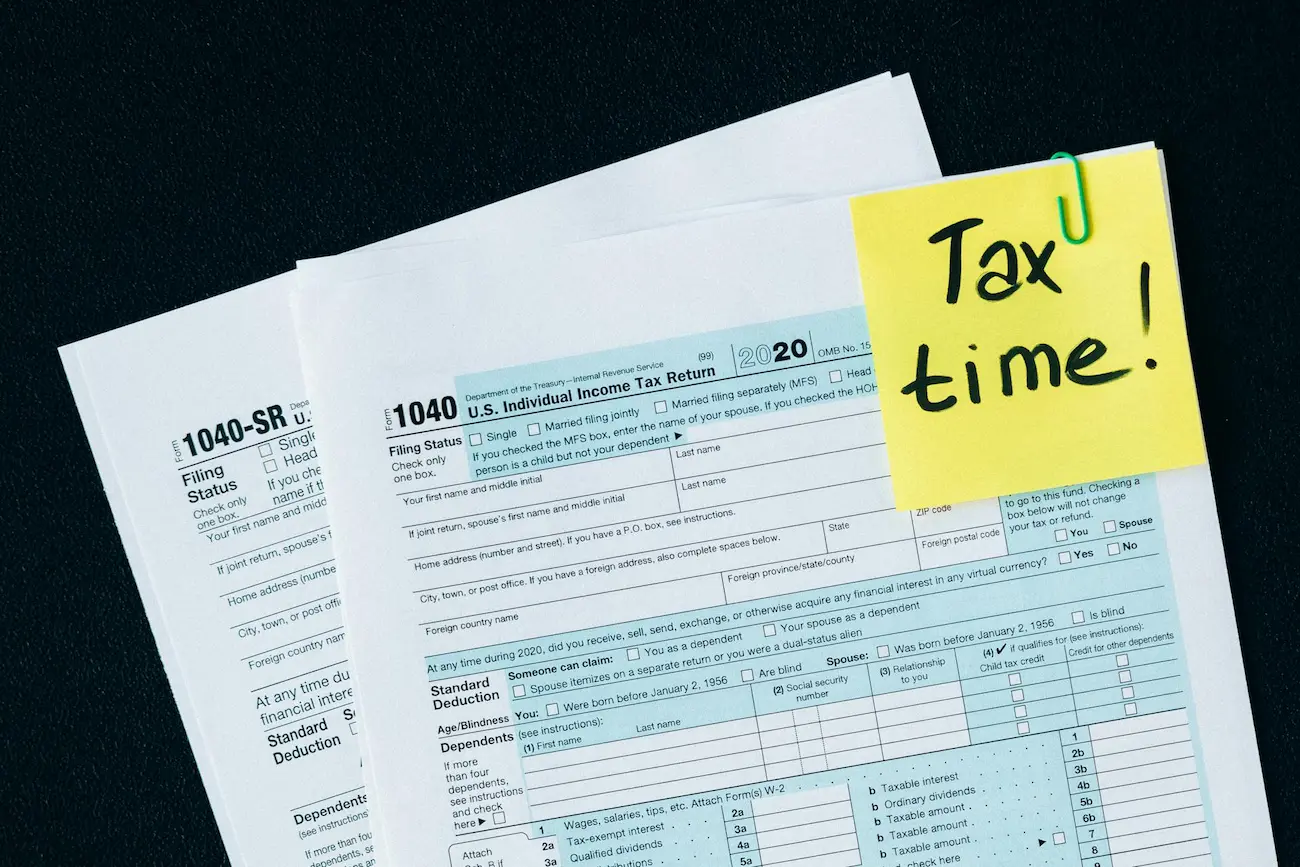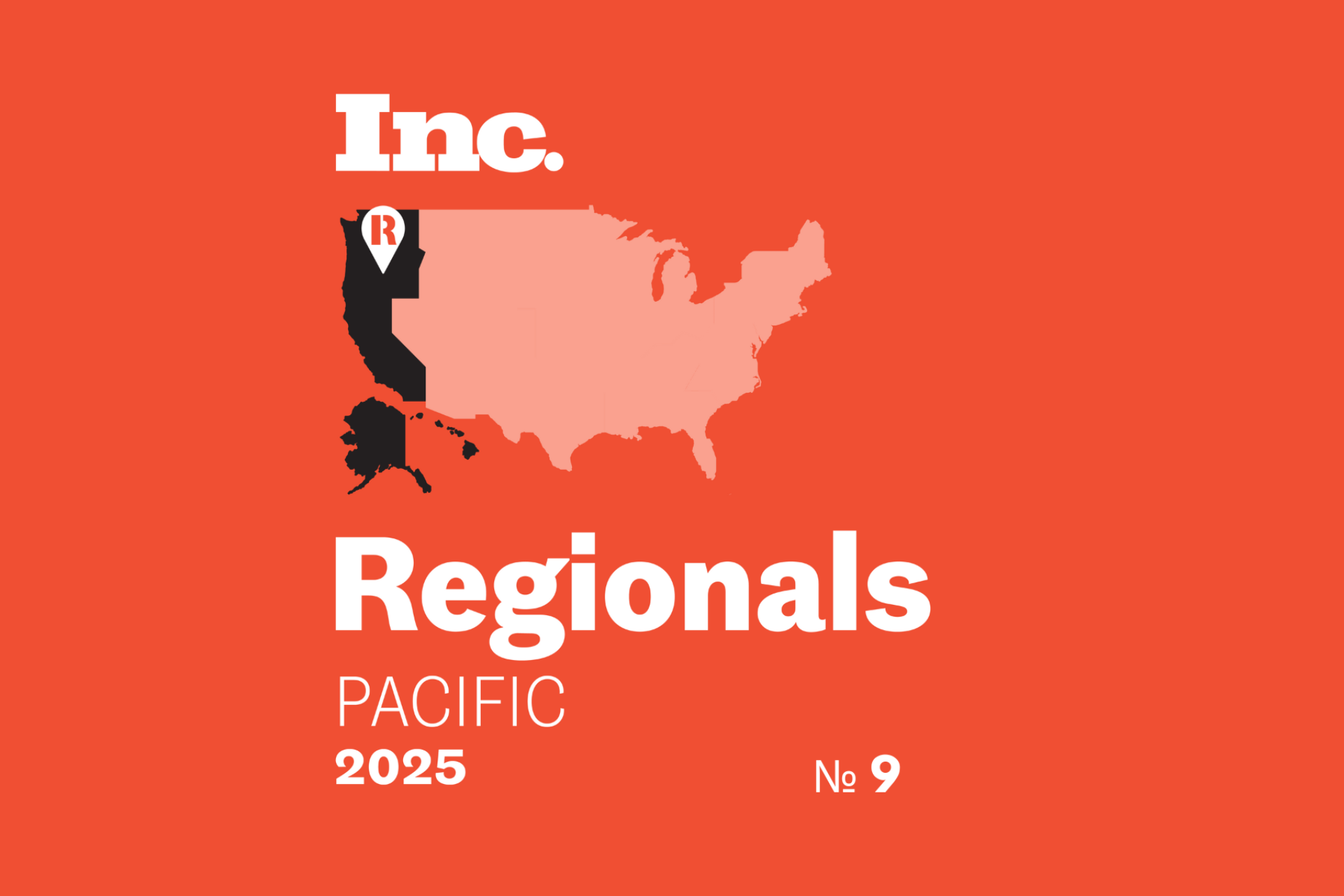Small businesses often juggle various financial aspects while trying to maintain their operations. In this guide, we’ll explore the role of a Certified Public Accountant (CPA) for small businesses and why having one is crucial.
A Certified Public Accountant is a licensed financial professional specializing in accounting, auditing, and financial advisory services. A CPA is a trusted advisor for small businesses, helping them manage their finances effectively. Having a CPA for your small business is more than just a convenience; it’s a strategic decision that can significantly impact your financial stability and growth. CPAs offer valuable expertise in financial management, tax planning, and compliance, ensuring your business thrives while staying on the right side of the law.
Choosing the Right CPA
Selecting the right CPA is critical in ensuring your small business’s financial success. Start by conducting thorough research on CPAs in your area. Look for reputable firms or individual professionals with a strong track record of helping small businesses like yours.
When narrowing down your options, consider these essential factors:
Expertise
Ensure the CPA you choose has expertise in small business accounting. They should be well-versed in small enterprises’ unique financial challenges, such as managing cash flow and optimizing expenses.
Proximity
While online communication has made it easier to work with professionals remotely, having a CPA near your business can benefit from face-to-face meetings and a better understanding of local tax regulations.
Cost
Consider your budget when hiring a CPA. Get quotes from different CPAs or firms and compare their services and fees. Remember that investing in a qualified CPA is an investment in your business’s financial health.
Benefits of Hiring a CPA for Small Business
Now that you’ve chosen the right CPA for your small business, let’s delve into the specific advantages they bring.
Financial Compliance
CPAs are experts in ensuring your business adheres to financial regulations and tax laws. They will keep your records in order, file tax returns accurately, and help you avoid costly legal issues.
Tax Planning and Optimization
One of the primary benefits of having a CPA is their ability to minimize your tax liability legally. They can identify deductions, credits, and strategies to optimize your tax situation, allowing you to keep more of your hard-earned money.
Business Growth Strategies
Beyond managing finances and taxes, CPAs can offer valuable insights into business growth. They can help you analyze financial data, identify trends, and develop strategies to boost profitability and achieve your long-term goals.
Small Business CPA Services
CPAs offer a range of services tailored to the needs of small businesses. Here, we’ll explore their essential services to help you manage your finances effectively.
Financial Statement Preparation
CPAs can prepare accurate financial statements, including income statements, balance sheets, and cash flow statements. These documents provide a clear picture of your business’s financial health, making it easier to make informed decisions.
Bookkeeping and Recordkeeping
Keeping track of your financial transactions is crucial for small businesses. CPAs can handle bookkeeping and recordkeeping tasks, ensuring your financial data is organized and up-to-date.
Tax Preparation and Filing
CPAs excel at tax preparation and filing. They can help you navigate complex tax codes, maximize deductions, and ensure your tax returns are submitted accurately and on time.
CPA vs. DIY Accounting
While some small business owners may consider handling their finances independently, weighing the pros and cons and knowing when to hire a professional CPA is essential.
DIY accounting may save money initially, but it often leads to errors, missed opportunities for tax savings, and a lack of financial expertise. On the other hand, hiring a CPA ensures accuracy, compliance, and expert financial guidance, but it comes at a cost.
Knowing when to hire a CPA is critical. If your business is growing, facing complex tax situations, or struggling with financial management, it’s time to hire a professional. CPAs can provide the support and expertise needed to navigate these challenges successfully.
Common Mistakes to Avoid
Certain mistakes can be costly and detrimental to your financial health when managing your small business finances. Here are some common pitfalls to steer clear of.
Lack of Documentation
Failing to keep proper records and documentation can lead to financial chaos. CPAs stress the importance of maintaining organized financial records to accurately track income, expenses, and taxes.
Ignoring Tax Deadlines
Missing tax deadlines can result in penalties and interest payments. CPAs ensure you meet all tax obligations and submit required documents on time to avoid unnecessary financial setbacks.
Mixing Personal and Business Finances
Mixing personal and business finances is a common mistake that can lead to confusion and potential tax issues. CPAs emphasize the importance of maintaining separate accounts and financial clarity for your business.
Industry-specific Considerations
Every industry has its unique financial challenges and regulations. A skilled CPA understands the nuances of different sectors and can provide tailored services to meet specific industry needs.
CPAs can adapt their services to cater to various industries, from healthcare to retail. They offer specialized financial advice and solutions, effectively helping businesses navigate industry-specific challenges and opportunities.
Different sectors often have distinct regulatory requirements. A CPA well-versed in your industry ensures your business remains compliant with sector-specific rules, reducing the risk of legal issues and financial penalties.
Building a Strong CPA-Client Relationship
A strong CPA-client relationship is essential for successful financial management. Effective communication and setting clear expectations lay the foundation for a productive partnership.
Open and transparent communication is key to a strong CPA-client relationship. Regular meetings and clear communication channels enable both parties to address concerns, share insights, and make informed decisions.
In addition, clearly defining roles, responsibilities, and expectations from the outset is crucial. A CPA should outline their services, fees, and the level of involvement they require from the client. This transparency fosters trust and mutual understanding.
Evaluating CPA Performance
Assessing the performance of your CPA ensures you receive the value and expertise you expect.
Identifying KPIs relevant to your business helps gauge your CPA’s performance. Metrics like accuracy in financial reporting, tax savings, and compliance rates can be monitored to assess their effectiveness.
Regularly reviewing your CPA’s work and providing feedback is a constructive way to maintain a productive partnership. Discussing what’s working well and areas for improvement ensures continuous refinement of financial strategies and services.
Summary
Navigating the complex world of finances for small businesses can be daunting, but having a CPA by your side is a strategic decision that can lead to financial stability and growth.
In the small business world, a CPA isn’t just an accountant; they’re a financial ally, a compliance expert, and a growth strategist rolled into one. By harnessing their expertise and maintaining a strong working relationship, small businesses can confidently navigate the financial complexities. So, whether you’re just starting your entrepreneurial journey or looking to strengthen your existing small business, a CPA is a valuable asset that can make all the difference in your financial success.







